Recent reports have exposed UK universities as hostile environments for women, but Cardiff University’s Feminist Society President is working hard to ensure that her voice will still be heard.
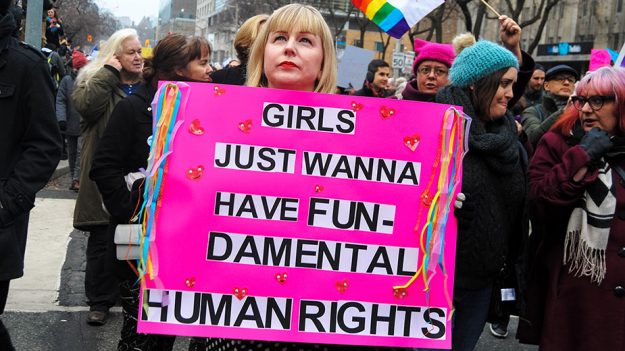
Back in 2017, CNN predicted that 2018 would be ‘The Year of Women’, with women taking fourth-wave feminism to the mainstream, their political power set to rise further than ever before. Certainly, 2018 was full of incredible moments for feminists, such as the creation of the Time’s Up movement, Saudi Arabian women gaining the right to drive, and a record number of women candidates winning Congress elections, to name a few.
However, the fight for equality continues, especially in Higher Education. A recent Guardian article revealed that in 2018, women made up only 36% of university boards, chairing only 19% of them, falling behind government targets. Universities are becoming increasingly more hostile environments for their female students, too, with a recent Revolt Student Assault survey revealing that 42% had experienced sexual assault during their time at university.
Whilst these figures may seem bleak, there are people at these UK universities are working hard for change to come. Emily Millward is the President of Cardiff University’s Feminist Society – which was founded only in 2018 – and hopes that the society will be the start of a new era for the university.
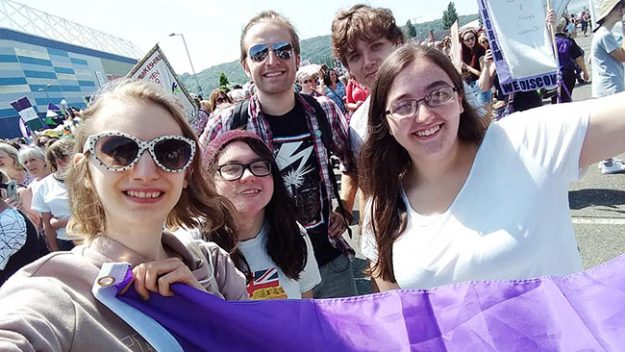
“I’ve been a feminist for a long time but coming to university has made it more important to me.” says Emily. “The main reason the Feminist Society was created because we felt there ought to be a space for those passionate about gender equality to come together – there seemed to be no such thing in place when I came to Cardiff University.”
Emily is currently studying English Communication and Philosophy, and has noticed certain inequalities during her studies. “University can feel like a male dominated space, with certainly lots of my reading lists being 90% male.” she says. “But it also feels like a place to develop as a feminist and begin to figure out how we can change the future.”
The society has a thriving social media community in which members can come together. “It’s lovely to get social media engagement for the society.” says Emily. “After one meeting on body positivity, we all posted unedited pictures of ourselves onto the Facebook page, and everyone left encouraging comments, which really highlighted how much of a support network and a community the society’s become.”
Despite the welcoming community of the Feminist Society, Cardiff University itself has previously been portrayed as an unwelcoming environment for women over the last few years. In September 2015, a series of sexual assaults occurred near the university, with female students being advised not to walk to and from lectures alone in the dark. During the 2017-18 academic year, over 100 students reported sexual abuse and violence to the new Cardiff University reporting scheme, with the head of the response team surprised by the volume of reports.
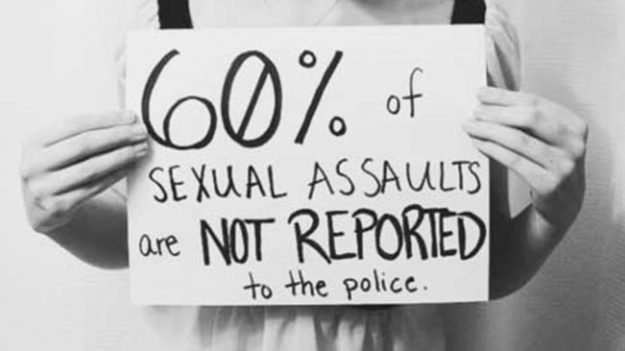
Emily, in her role as Feminist Society President, has worked closely with Cardiff Women’s Aid (CWA) to organise events about sexual abuse and harassment over the last few months. “I was definitely most proud of our event with CWA about violence in the workplace. It’s such an important topic, as we see more and more stories emerge in the press about the increase in sexual harassment, and something definitely needs to change.”
The Feminist Society includes both a Trans and BME Representative, with Emily eager to ensure an inclusive attitude to the society. “Intersectional feminism,” says Emily, “has definitely become a more pressing issue over the last few years. There have always been trans women, non-binary folk, and women of colour who were feminists, but often they were just rejected by the more ‘acceptable’ version of feminism.”
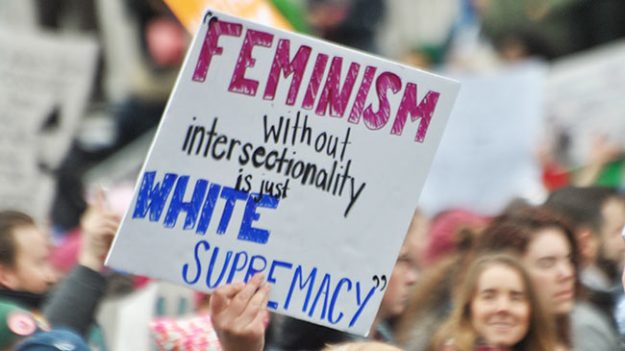
‘Intersectional feminism’ was first used as a term in 1989, by civil right advcoate Kimberlé Crenshaw, a law student who noticed that gender and race were considered two different issues with regards to the law. To her, this made no sense, as women of colour were often discriminated against more due to their skin colour and their gender.
The term has increased in popularity during the last decade, but Emily feels that it isn’t fully accepted yet. “There’s still a long way to go,” she says, “but I think that white, cis, straight feminism has begun to realise that it needs to acknowledge the rest of the population as the world becomes more connected than ever before.”
Emily isn’t at all oblivious to the still controversial nature of feminism, and remains unsurprised whenever the society should face any backlash. “There were a few guys who came to our stall at the Freshers’ Fair who accused us of being man-haters, and there are the occasional social media trolls who keep us entertained, but I don’t take it to heart.”
You don’t have to look further than, say, Piers Morgan’s twitter page to find negative attitudes towards feminism, as only last month, the journalist criticised many female pop stars for dressing ‘sexually’ and using their sexuality to sell records.
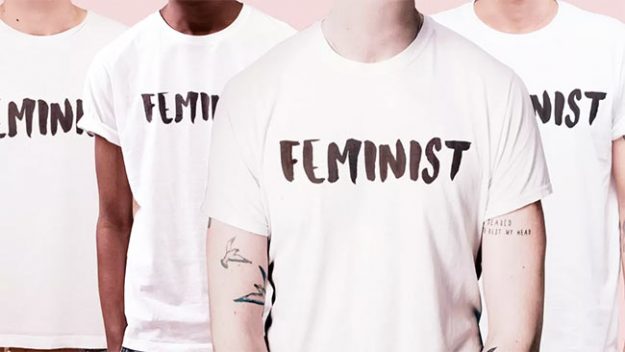
But are men more supportive of the feminist movement than social media leads us to think? “We have a Men’s Rep on our society,” says Emily, “and many of our members are men who are just as eager to learn about feminism than everyone else. I think it’s important that men and women realise that feminism benefits all genders, and that men aren’t just put off by the first syllable!”
The Feminist Society’s first semester has been a resounding success, with Emily hoping to organise more interesting events and discussions on politics, women in the workplace and feminist tv in 2019. “I want to have a positive impact on the world,” she says, “and I believe that by supporting students who feel the same, and by raising awareness of feminist causes, I can achieve that goal.”
